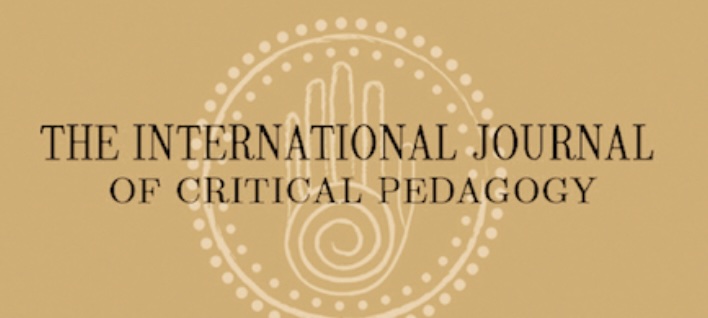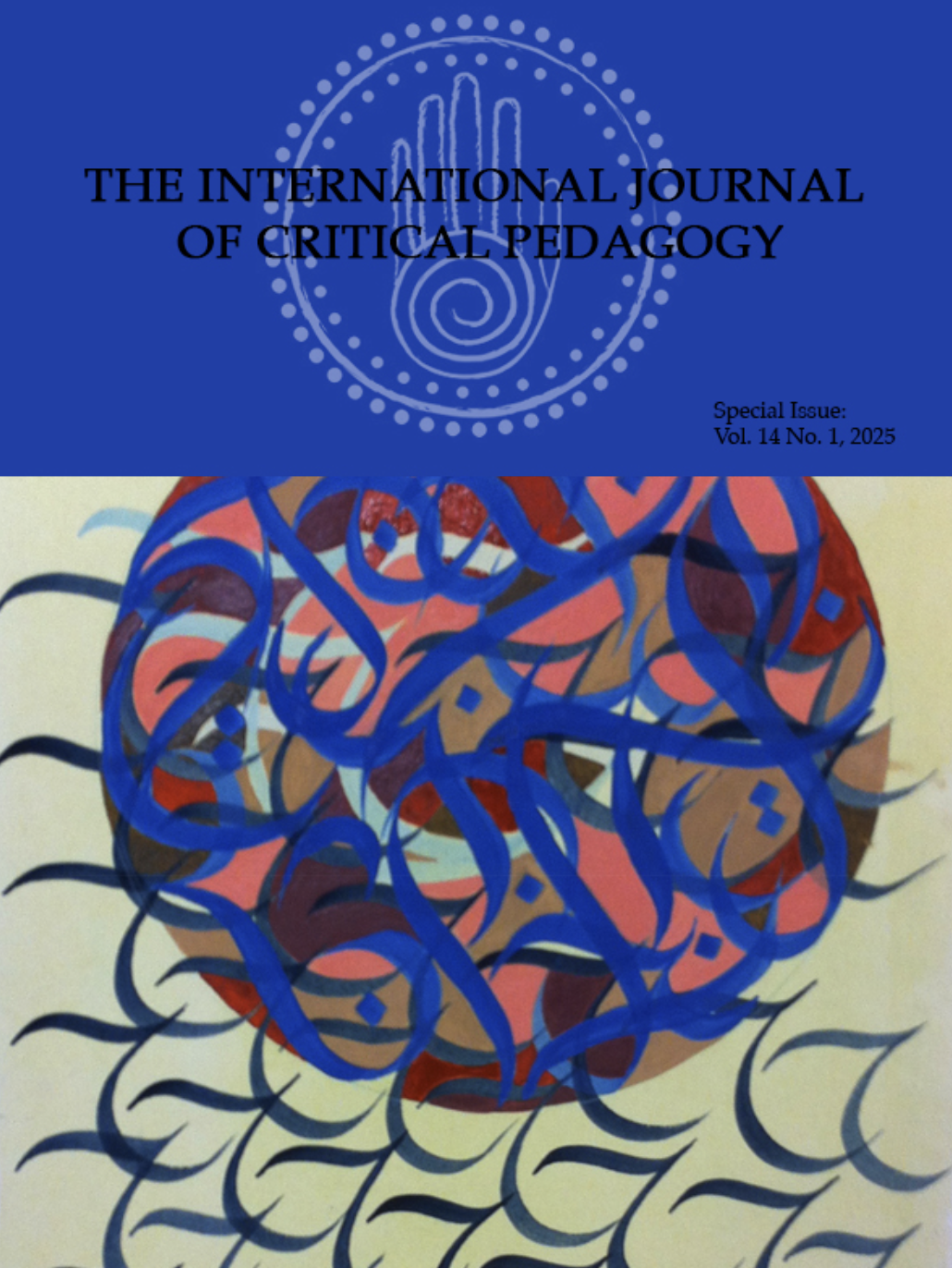Abstract
Abstract
In this article I argue that without the presence of Nita Freire in Paulo’s life, Pedagogy of Freedom, would not have been written—a book Stanley Aronowitz considers his best work, his “last testament [which] focuses [once again] on the question of freedom … [in which] ... Freire holds that a humanized society requires cultural freedom, the ability of the individual to choose values and rules of conduct that violate conventional social norms, and, in political and civil society, requires the full participation of all of its inhabitants in every aspect of public life” (Aronowitz, 1998). Thus, Nita Freire not only re-inspired Freire to re-unleash his indignation and rebelliousness in a more direct and accessible manner, but she also influenced him to embrace “a language that is more inviting, less dense, more poetic.” In essence, the last ten years of Paulo’s life with Nita Freire is by far the best window through which we can see what it meant for the man who gave the world the classic Pedagogy of the Oppressed to be in the world and with the world and with others in the world. Situating Pedagogy of the Oppressed after Nita Freire attempts to capture the meaning of Paulo’s life with Nita Freire by providing readers with the opportunity to fully understand Paulo’s insistence on viewing history as a constant possibility – a perspective that almost eluded him with the sudden death of his first wife, Elza, in 1986.
Resumo
Neste artigo, Contextualizando a Pedagogia do Oprimido Pós-Nita Freire, defendo que a obra de Paulo Freire Pedagogia da Autonomia jamais teria sido escrita sem a presença marcante que Nita Freire teve na vida de Paulo Freire – uma obra que Stanley Aronowitz considera como o melhor trabalho de Freire, o seu “último testamento centrado na problemática da liberdade.” Neste contexto, Nita Freire não só re-inspirou Freire para que este voltasse a libertar toda a sua indignação e rebeldia de uma forma mais aprimorada e acessível, como também o influenciou substantivamente para que Freire abraçasse ‘uma linguagem mais apelativa, menos densa e ainda mais poética”. Em suma, a última década da vida de Paulo Freire com Nita é de longe a moldura conceptual mais justa através da qual podemos perceber o que é que na verdade significa, -para o homem que ofereceu ao mundo a Pedagogia do Oprimido - estar no mundo e com o mundo e com os outros no mundo.
How to Cite:
Macedo, D., (2013) “Situating Pedagogy of the Oppressed after Nita Freire”, International Journal of Critical Pedagogy 5(1).
Downloads:
Download PDF
View PDF

